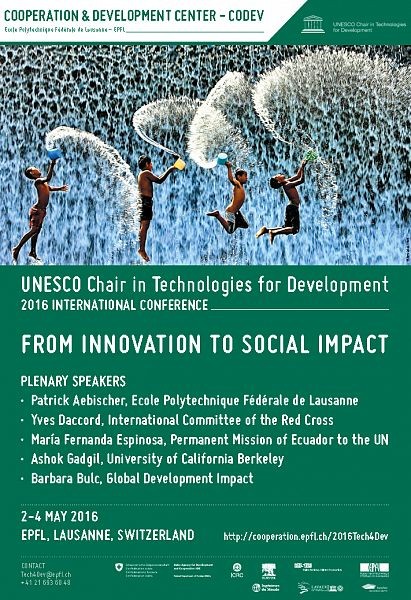In Trelew, Chubut, the students from the local Technical School have installed a new wind-solar hybrid system, capable of providing opportunity for energy self-sufficiency in the rural community.
Outcomes of the 2016 International Tech4Dev Conference
This is an important question for sustainable energy projects, as these often fail to successfully translate into development impacts. The reasons for this rarely to do with the technology itself and can more often be attributed to socio-cultural, institutional and/or economical aspects.
The contributions and discussions at the conference allowed for a better understanding of the factors that support or hinder the ability of decentralized renewable energy initiatives to create social and economic impacts. Several presenters stressed the need to engage with the end-users more in order to best address their needs. It was pointed out that it is important to not only see end-users as passive receivers but to value their knowledge and capacities. Furthermore, it became evident that in order to measure and understand the extent and nature of social impact we need a mixed-methods approach that includes quantitative as well as qualitative evaluation. While quantitative methods are helpful to address the question of what happened as a result of the technical innovation, qualitative methods help to understand why and how social impact was or was not achieved.
For more information on the different breakout sessions and to download selected full papers please visit the Tech4DEV website.


